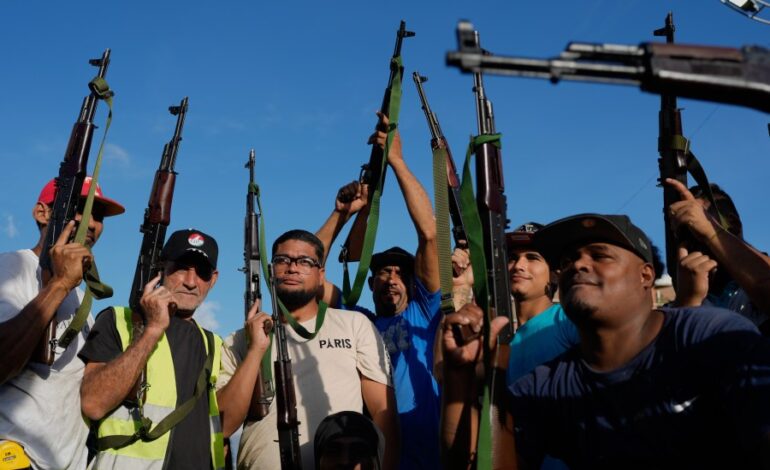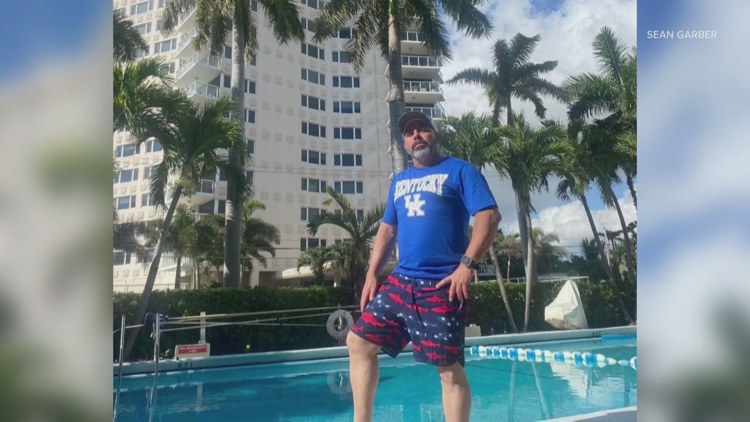Venezuela’s Criminal Governance Poses Security Risks for US

Venezuela’s government, led by President Nicolás Maduro, has increasingly been characterized as a criminal organization rather than a legitimate state. This transformation raises significant concerns regarding national security, especially for the United States. Reports indicate that the Venezuelan regime has established extensive ties with organized crime, further complicating an already volatile geopolitical situation.
The decline of democratic institutions in Venezuela has been alarming. Since the 2015 elections, the country has witnessed the erosion of political freedoms, culminating in a system where the government operates beyond the law. The National Assembly has been rendered ineffective, and dissent is often met with severe repression. This has allowed corrupt practices to flourish and has positioned the Venezuelan state as a crucial player in international crime networks.
Connections to Organized Crime
Various investigations suggest that the Venezuelan government collaborates closely with drug cartels and other criminal enterprises. A report from the International Criminal Court (ICC) highlights the extent of these connections, which include trafficking in narcotics, arms, and human smuggling. The implications of this criminality extend beyond Venezuela’s borders, impacting not only regional stability but also the security of nations such as the United States.
The government’s involvement in organized crime is not merely a domestic issue; it has significant implications for international relations. The United States has described Venezuela as a “threat to national security” due to its role in facilitating drug trafficking into North America. The U.S. Drug Enforcement Administration has identified Venezuela as a key transit point for cocaine entering the U.S., thereby linking its domestic policies to transnational crime.
International Response and Implications
The response from the international community has been varied. While some nations express support for the Maduro government, others have implemented sanctions aimed at curbing its influence. The U.S. has imposed financial sanctions on Venezuelan officials, targeting those involved in corruption and human rights abuses. The broader goal is to hold individuals accountable for their actions while attempting to destabilize the criminal networks that have taken root.
The situation in Venezuela underscores the challenges of addressing governance and security issues within a framework of international law. The intertwining of state functions with organized crime complicates efforts to promote democratic governance. Observers note that the need for comprehensive strategies to address these challenges is urgent.
As the situation evolves, the implications for U.S. security remain significant. The potential for increased violence and instability in the region raises alarms among policymakers. Effective responses will require a nuanced understanding of the complex dynamics at play in Venezuela, particularly as the government continues to operate with impunity.
In summary, Venezuela’s transformation from a state to a criminal entity poses a serious challenge not just to its citizens but also to international security. The ongoing connections between the Maduro regime and organized crime necessitate continued scrutiny and action from the global community.






